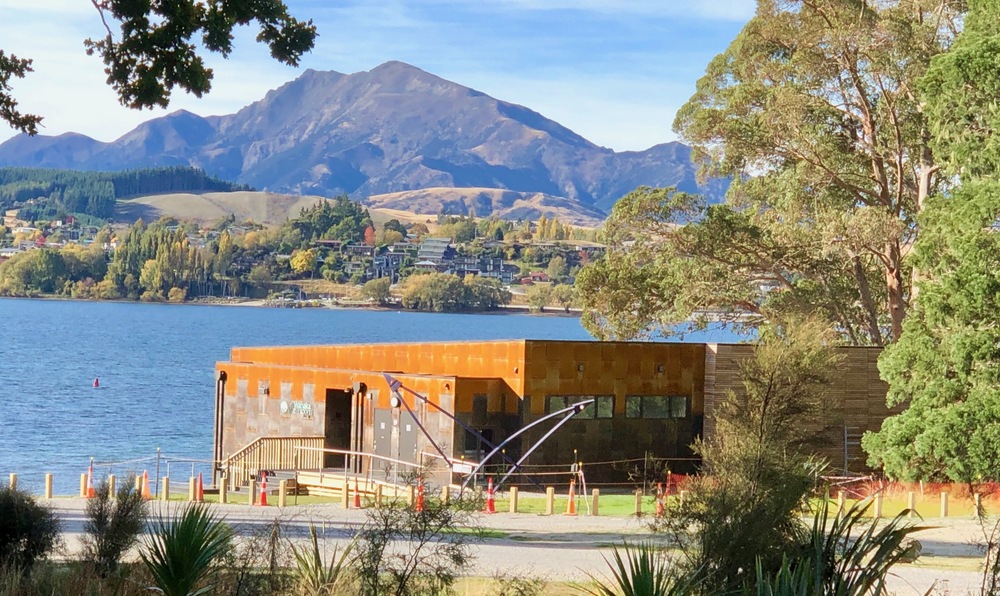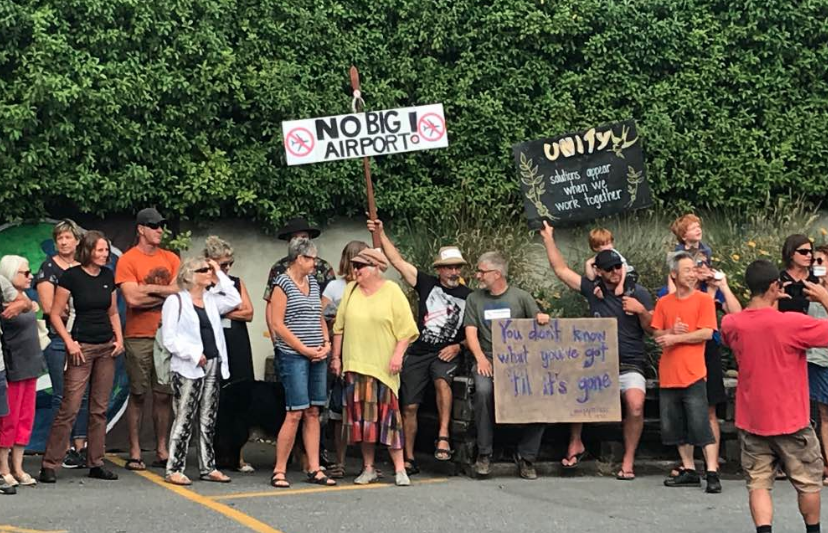‘Local legends’ sought to represent community
Maddy Harker
17 May 2022, 6:04 PM
 Elected members engage with the community and make important decisions about the council’s priorities.
Elected members engage with the community and make important decisions about the council’s priorities.Queenstown Lakes District Council (QLDC) has launched a campaign calling for “local legends” to stand in this year’s local election.
The election will take place on October 8, with candidate nominations opening in mid-July, and QLDC’s campaign encourages people to think about stand-out people in their community who would make a great councillor, community board member, or even the next mayor.
QLDC chief executive Mike Theelen said the idea behind the campaign is to encourage people who may not have previously thought about standing for election to consider it.
“We want people to think about anyone they know who may make a good candidate,” he said, “...to share the idea with people they know. Start a conversation, ‘hey, have you ever considered being a councillor?’”
No particular qualifications are required, just an interest and commitment to the local community, he said.
“We all know local legends in our neighbourhood. People who are filled with passion for our district and strong views on the local issues that matter.”
What the roles involve
Interested candidates are encouraged to come along to council meetings to get an idea of what council does and the types of decisions elected members are involved in.
“We want candidates to have a good understanding of the role. Successful candidates will be required to attend regular council, committee and community board meetings and workshops; there will be briefing papers and reports to read, and there will be community engagements and activities to get involved in..,” Mike said.

Elected members make decisions about how the council spends its rates.
Elected members make some very important decisions about what and how the council spends its rates, and determining what the priorities for council are, which requires having an open mind, being able to discuss and at times debate different ideas and points of view, and being able to make some tough decisions.
“The council is also a legal entity, a regulator, and an enforcement agency. This means that often the council is doing things which for some people may be very unpopular. This is part of the responsibility of council.”
The role of mayor is full-time and involves weekend and evening events. The roles of councillor and community board member are still busy, but it is possible to maintain some work commitments elsewhere.
Standing for a role
Candidates are able to stand for the role of mayor, councillor, or community board member.
Candidates can put themselves forward for more than one role, however if elected they may only take on one position.

“People who are filled with passion for our district and strong views on the local issues that matter” are the types of people the council is looking for.
A representation review, completed in 2021, increased the number of elected councillors in the Wānaka Ward from three to four for the 2022 election to correspond with the Upper Clutha’s population growth.
New ward names and boundaries were also adopted, and in the Upper Clutha that included the renaming of the Wānaka Community Board to the Wānaka-Upper Clutha Community Board.
This ward is from the top of the Crown Range and all of the Upper Clutha Area including Hāwea up to just beyond Makarora and including part of the Matukituki Valley in Mt Aspiring National Park.
Supporting Wānaka
There are eight positions in Wānaka (excluding the mayor, which can come from anywhere in the district): four councillors and four Wānaka Community Board members.
“During the representation review submission process we heard how people value the Wānaka-Upper Clutha Community Board, so we’re hoping to see lots of nominations come forward to reflect that,” Mike said.
First-term councillor Niamh Shaw told the Wānaka App the role is challenging and complex but that there is a lot to love about it.
“It is genuinely fascinating, you learn so much, not only about local government but policy and process, governance and law, and particularly people and group dynamics.”
“The best part about it for me, is meeting amazing people, many of whom work tirelessly and often thanklessly on behalf of others.”
She said anyone considering standing for council should make sure they are doing it for the right reasons: “I believe important qualities in a councillor are, firstly, wanting to make a positive difference within our community and our unique environment.”
Next steps for candidates
Candidate nominations open July 15 and close on August 12.
People who are interested in standing for election are encouraged to check out council’s website for more information, as well as the Vote Local website.
A QLDC candidate’s handbook will be coming out shortly.
Candidates need to be over 18 years of age, enrolled to vote, and be a New Zealand citizen.
Get out and vote
As part of the Local Legends campaign, Queenstown Lakes District residents are also encouraged to check they are enrolled to vote. A person can vote in the elections if they are:
18 years or older; a New Zealand citizen or permanent resident; and have lived in Aotearoa New Zealand for one year or more continuously at some point
The local body elections are held every three years and in the last election, in October 2019, 49.05 percent of the district's eligible voters cast a vote.
“When it comes to voting, I strongly encourage every eligible person in the district to take part,” Mike said.
“It really matters as it’s an opportunity to vote for people who represent your views or values, whether that’s on climate change, infrastructure, the local economy, parks and community facilities, or something else entirely. But that may also be someone who represents your own background, your culture, or your unique community identity.”
Voting papers will be sent in the mail in September for their return by October 8.





